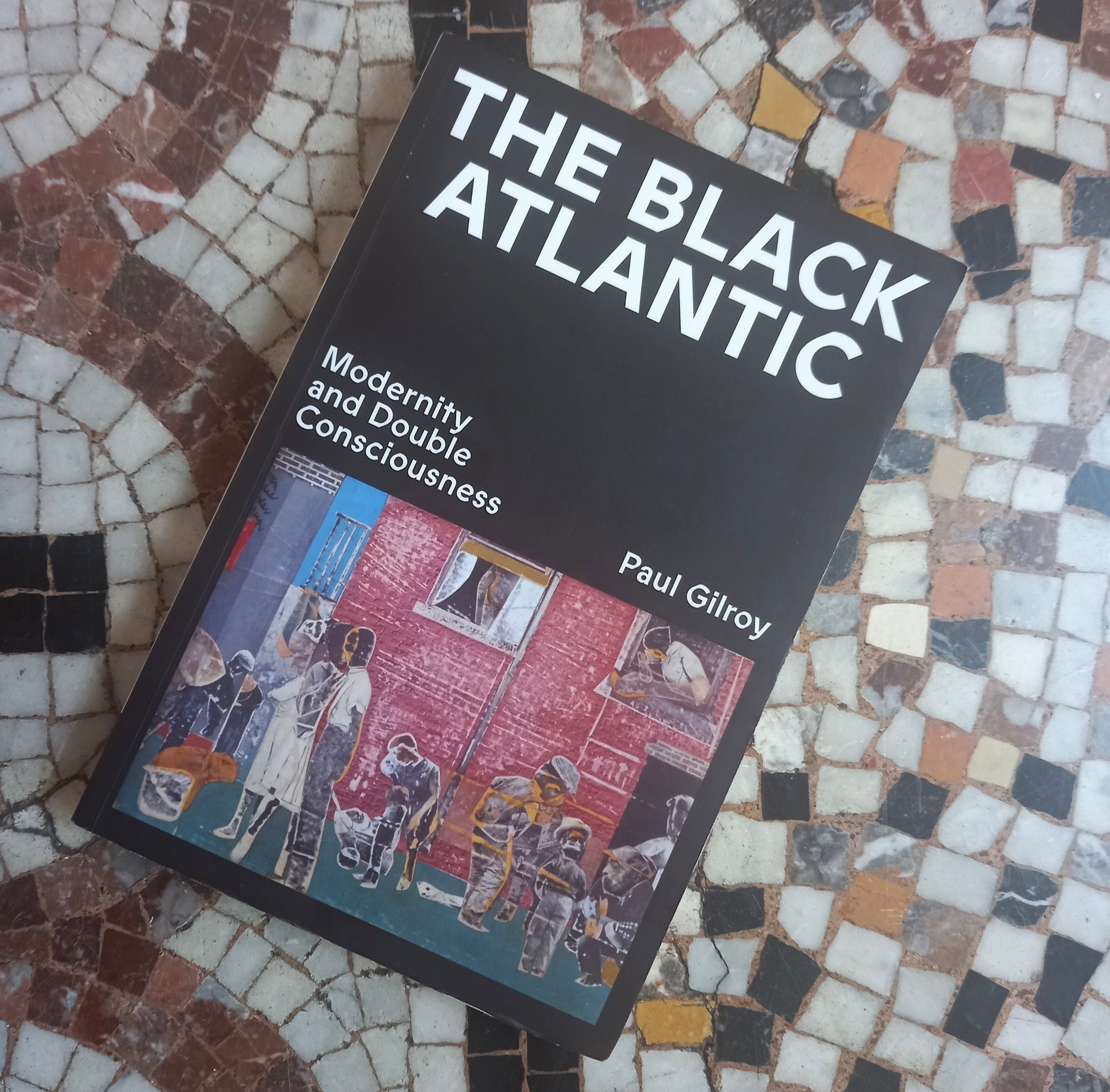The Black Atlantic, Paul Gilroy
Photo: @University College London, Lola Paproka
One cannot talk or study Black culture and history without mentioning the work of Paul Gilroy.
“Paul Gilroy is one of the foremost theorists of race and racism working and teaching in the world today. Author of foundational and highly influential books such as There Ain’t No Black in the Union Jack (1987), The Black Atlantic: Modernity and Double Consciousness (1993), Against Race (2000), Postcolonial Melancholia (2005) and Darker Than Blue (2010) alongside numerous key articles, essays and critical interventions, Gilroy’s is a unique voice that speaks to the centrality and tenacity of racialized thought and representational practices in the modern world. He has transformed thinking across disciplines, from Ethnic Studies, British and American Literature, African American Studies, Black British Studies, Trans-Atlantic History and Critical Race Theory to Post-Colonial theory. He has contributed to and shaped thinking on Afro-Modernity, aesthetic practices, diasporic poetics and practices, sound and image worlds.
Winner of the Holberg Prize (2019), which is given to a person who has made outstanding contributions to research in the arts, humanities, social science, the law or theology, Professor Gilroy was described by the awarding committee as ‘one of the most challenging and inventive figures in contemporary scholarship’. He has transformed the canon of political and cultural history, making us aware of how the African diaspora – spurred into motion, largely, by racial slavery – was an extra-national, socio-political and cultural phenomenon which challenged essentialist conceptions of country, community and identity, and what is more, was constitutive of modernity. Gilroy was one of the founding figures of a remapped global history that embedded the movement of racialized subjects and traded goods into accounts of the world as we know it. His work on racism in modern Britain has consistently countered romantic narratives of whiteness, Christianity and ethnic homogeneity as uniquely constitutive of these islands and has written the long history of Black Britons into the cultural and social fabric of Britishness. Using philosophy, sociology, musicology, literature, history and critical theory, he has breathed new life into the humanist tradition, extending it to include scholarly and political discourses on race and anti-racist polemic.”
Biography from UCL websiteNext on the very long list of books to read I present to you today (as you must already know) 'The Black Atlantic' by Paul Gilroy.
Published in 1993, Paul Gilroy redefines the Western modernity through the inclusion of the Black Atlantic: black communities being more than just African, Caribbean, or British alone, a culture that transcends ethnicity or nationality. What Johny Pitts calls Afropean ? and what I call (Cultural) Plurality (although more related to POC on my part. See my next curatorial project on this, a little self ad never hurts @pluralitynow).
Gilroy utilises geographical and historical facts to tell us about the multifaceted identity of Blackness, and the Eurocentric narratives constantly omitting crucial parts of Black History. The main idea of the book is to show black culture as essentially hybrid, a product of centuries of exchange, slavery and displacement. He highlights the importance of diaspora consciousness and 'the memory of slavery [which] are key components of the shifting, recombinant quality of Black identity as a political strategy in the modern world.' (ref @supersummary)



